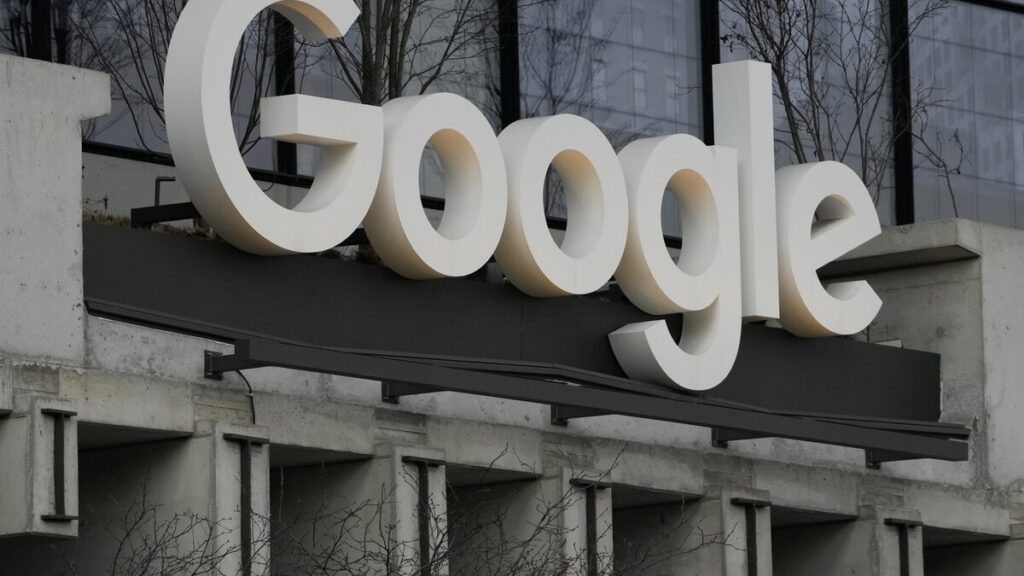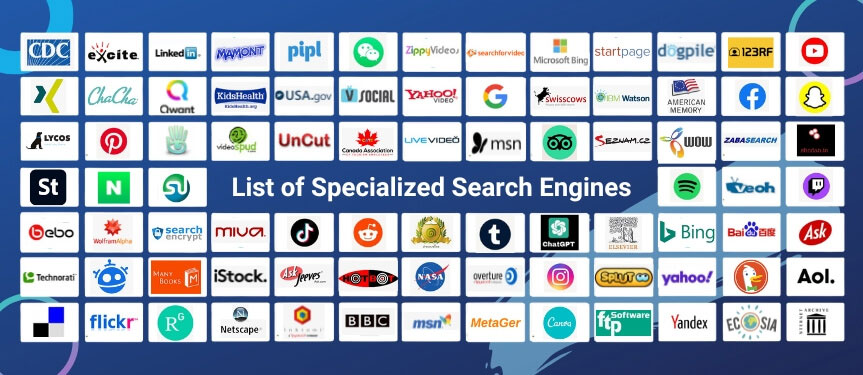Table of Contents

The recent news of the DOJ’s antitrust case against Google, potentially leading to a breakup of its Chrome and Search dominance, signals a monumental shift in the tech landscape. As CEO of Fleksy, I see this as an opportunity not just for our company, but for the broader ecosystem of independent developers and smaller players who have long operated in Google’s shadow.
Here’s how this new chapter in tech history could shape the industry—and how Fleksy plans to seize the moment.
What This Means for the Industry
The Android ecosystem has been dominated by Google’s integrated services for too long, stifling innovation and limiting user choice. This antitrust case could finally change that, ushering in a new era characterized by:
1. Diversification of Offerings
Without Google’s stranglehold on services like Chrome and Search, the ecosystem will open up to new players offering unique solutions. This will accelerate the growth of a more diverse marketplace where independent developers can thrive and be recognized for their innovation.
2. User Empowerment
A more open ecosystem means more choices for users. From alternative browsers and search engines to virtual keyboards as well as niche apps and tools, people will have greater power to customize their devices with the apps that best serve their needs, rather than those that come pre-installed.
3. Innovation Boost
When smaller players no longer have to fear being overshadowed by Google’s ecosystem dominance, the barriers to innovation will crumble. Developers will feel empowered to push boundaries, explore new ideas, and deliver groundbreaking products.
4. Regulatory Ripple Effects
This case may spark similar antitrust actions in other regions, amplifying its impact globally. Markets that have been overly dependent on Google’s ecosystem could see a surge of new opportunities for developers and businesses alike.
Industry-Wide Impacts for Other Players
This isn’t just a game-changer for Fleksy; the ripple effects will transform the entire industry.
1. New Entrants in Search and Browser Markets
If Google loses its grip on Chrome and Search, competitors like Brave and DuckDuckGo, as well as new niche search engines, will thrive. This wave of competition is likely to extend to other app categories, creating a vibrant environment that rewards innovation.

2. OEM and Developer Partnerships
Smartphone manufacturers, freed from the need to pre-load Google services, might explore partnerships with alternative apps—keyboards, browsers, search engines—that align with their vision for differentiation. For developers, this presents unprecedented opportunities to reach new audiences.
3. App Store Dynamics
A breakup might put the Google Play Store under scrutiny. This could pave the way for alternative app stores with fairer revenue-sharing models, benefiting smaller developers by reducing commission fees and allowing more direct interactions with users.
4. Shift in Monetization Models
The reduced dominance of Google’s ad-driven ecosystem could spur a shift toward premium and subscription-based models. Smaller players will have the freedom to experiment with innovative monetization strategies that prioritize user satisfaction over ad revenue.
5. Interoperability and Open Standards
Regulators may push for open standards, ensuring apps and services can work seamlessly across platforms. This would reduce technical barriers that often favor large, integrated ecosystems and empower developers to create versatile, high-quality apps.
What This Means for Fleksy
As the industry transforms, Fleksy is uniquely positioned to thrive in this more open and competitive Android ecosystem. Here’s how:
1. Increased Visibility
With Google’s integrated services taking a step back, OEMs will be looking for innovative third-party developers to partner with. This could open the door for Fleksy to secure pre-installation deals or even become the default keyboard on select devices.
2. Privacy-Centric Branding
Google’s data practices are under intense scrutiny. Fleksy, with its independent, privacy-first ethos, is perfectly positioned to attract users who value their data security. We’re not just a keyboard; we’re a trusted partner committed to safeguarding user privacy.
3. Collaboration with New Search Engines
As new search engines emerge in the wake of a Chrome/Search breakup, Fleksy can integrate these services directly into the keyboard experience. In-keyboard search functionality could open up revenue-sharing opportunities while enhancing user convenience.
4. Focus on Accessibility and Niche Features
By doubling down on unique features—like multilingual support, customizable interfaces, and productivity tools—we can cater to users seeking specialized functionality. In a fragmented ecosystem, differentiation will be key.
Fleksy’s Commitment to the Future
The Android ecosystem is on the verge of a massive transformation, and Fleksy is ready to embrace it. Our mission has always been to deliver a keyboard experience that empowers users with unparalleled customization, privacy, and functionality.
This antitrust case is more than just a challenge to Google—it’s a clarion call for the entire tech industry to innovate, diversify, and prioritize users over monopolistic practices. Fleksy will be at the forefront of this movement, proving that independent developers can not only compete but lead the way in shaping the future of technology.
The future of Android is open—and we’re ready.
Olivier Plante
CEO at Fleksy